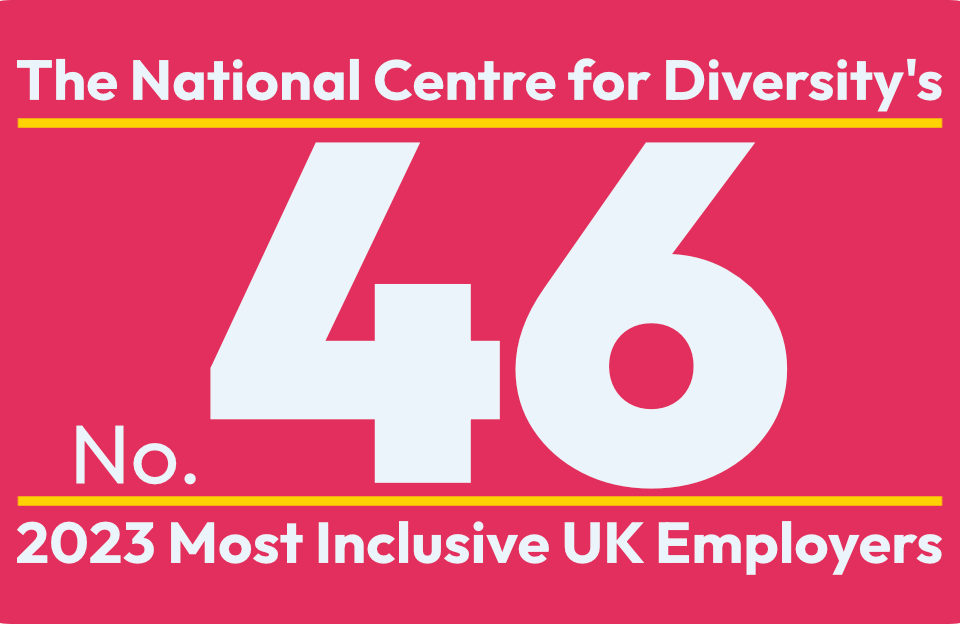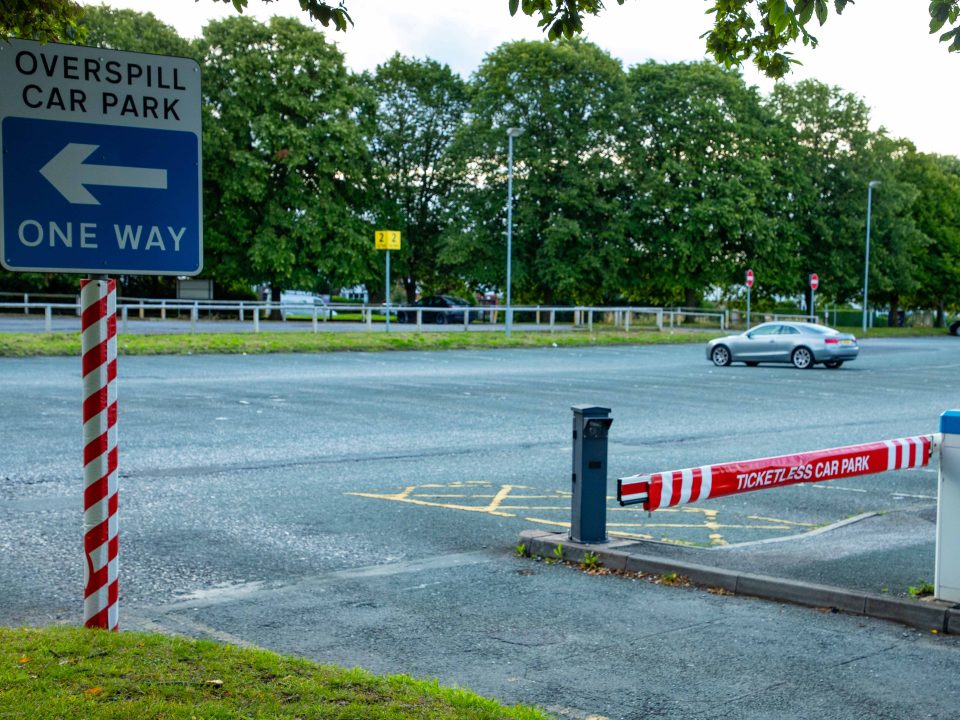Diversity Award for PSD

PSD (inc The Parking Shop) has become one the of first in the Parking Industry to gain National Centre for Diversity accreditation.Gavin Reddin, Parking & Secure Documents’ Managing Director writes about the company’s accreditation from the National Centre for Diversity.
There comes a point in every parent’s life when you realise that you have probably learned more from your children (important stuff anyway) than they have from you. Reaching the age of 60 I realised that my world, business and social, was far, far less diverse than that of my children. Through them I have met some of the most creative and bright individuals (including them) that would bring energy and drive to any business and that these young adults come from all walks of life, many ethnic backgrounds, genders, sexualities and have a variety of beliefs.
In addition, I used some of my spare time during Covid to qualify as a university lecturer and now teach Strategic Management part time. Again, this has exposed me to so many people from outside my normal circles and so many that articulate great business ideas that it got me thinking about my own work life.
Did my company really reflect the communities we work in? Did it truly understand the perspective of its staff, clients, and other stakeholders? As a result of this pondering, I decided to take us down the journey of accreditation from the National Centre for Diversity (nationalcentrefordiversity.com).
Scarred by many tick box accreditations over the years I was determined to make this one count. The model used by the National Centre is to focus on fairness, respect, equality, diversity, inclusion, and engagement. It was not an easy process and led to some soul searching. Identifying overt bias was simple, but what about unconscious bias rooted deep in our belief structures and core activities?
First, we spoke to customers and staff in the form of detailed questionnaires, then we provided training on the key areas for all staff followed up by a review of our policies around HR and recruitment. Senior managers then received additional extensive training to ensure that the key concepts permeated the business.
The Centre, on the basis of this then prepared a report, detailing what we needed to do, and we set about implementing the recommendations. The moral case for diversity is obvious, we have a duty to be fair and show respect to everyone, but the business case is equally overwhelming. A diverse workforce is likely to be more creative, innovative, and flexible with improved problem-solving capabilities.
Accepting the need for diversity and actively seeking it means expanded market reach, a diverse workforce better understands a diverse customer base. This particularly applies to working with the public sector that often places greater emphasis on diversity and inclusion than the private. A truly open approach to recruitment means a far greater talent pool to select from. Finally, by talking about fairness and equality staff can become more engaged in the company, more likely to participate fully and stay longer. Accreditation is not the final destination of the journey, it’s a constant review of how we do things. I can say with certainty that it has helped PSD.



